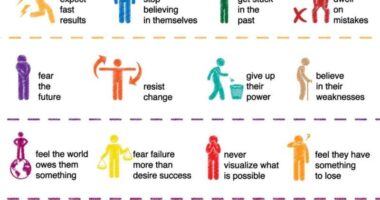Business analytics has become an essential part of any organization’s decision-making process. The ability to gather, process, and analyze data is crucial for businesses to make informed decisions and gain a competitive edge. However, the traditional methods of data analysis are time-consuming, expensive, and often require specialized skills. This is where ChatGPT comes in. ChatGPT is a conversational AI model developed by OpenAI that can interact with users in a human-like manner and provide intelligent responses. In this article, we will explore how ChatGPT is going to impact the business analytics sector.
How ChatGPT is Going to Impact the Business Analytics Sector:
- Natural Language Processing (NLP): ChatGPT’s ability to understand natural language means that it can process and analyze large volumes of unstructured data quickly. This means that businesses can obtain insights from data that was previously difficult to analyze due to its unstructured nature.
- Improved Data Collection: ChatGPT can collect data from various sources, such as social media platforms, customer reviews, and emails, and provide insights based on the collected data. This makes data collection more efficient and cost-effective for businesses.
- Personalized Insights: ChatGPT’s ability to provide personalized insights means that businesses can get a deeper understanding of their customers’ needs and preferences. This, in turn, can help businesses improve their products and services and enhance the overall customer experience.
- Predictive Analytics: ChatGPT can use historical data to make predictions about future trends and outcomes. This can help businesses make informed decisions and develop effective strategies.
- Improved Efficiency: ChatGPT can automate repetitive tasks such as data entry and analysis, allowing businesses to focus on more important tasks such as strategy development and decision-making. This can significantly improve the efficiency and productivity of businesses.
Potential Concerns and Limitations of ChatGPT in Business Analytics:
- Limited Domain Knowledge: ChatGPT’s responses are based on the data it has been trained on. If a query is outside its domain knowledge, it may not be able to provide an accurate response.
- Security Concerns: ChatGPT’s ability to access and analyze large amounts of data raises security concerns, especially in industries such as finance and healthcare.
- Lack of Interpretability: ChatGPT’s decision-making process is complex and difficult to interpret, which can make it challenging for businesses to understand how ChatGPT arrived at a particular decision or recommendation.
Frequently Asked Questions (FAQs) about ChatGPT and Business Analytics:
Q. What is ChatGPT?
A. ChatGPT is a state-of-the-art conversational AI model developed by OpenAI.
Q. How is ChatGPT changing the business analytics landscape?
A. ChatGPT is providing businesses with a more efficient and cost-effective way to analyze data, improving the overall decision-making process.
Q. What are the advantages of using ChatGPT for business analytics?
A. ChatGPT provides more efficient data collection and analysis, personalized insights, predictive analytics, and improved efficiency.
Q. What are the potential concerns and limitations of ChatGPT in business analytics?
A. ChatGPT has limited domain knowledge, raises security concerns, and lacks interpretability.
ChatGPT is set to revolutionize the business analytics sector by providing businesses with a more efficient and cost-effective way to analyze data. While there are some potential concerns and limitations, the advantages of using ChatGPT for business analytics far outweigh the drawbacks.
Credits: #ChatGPT









